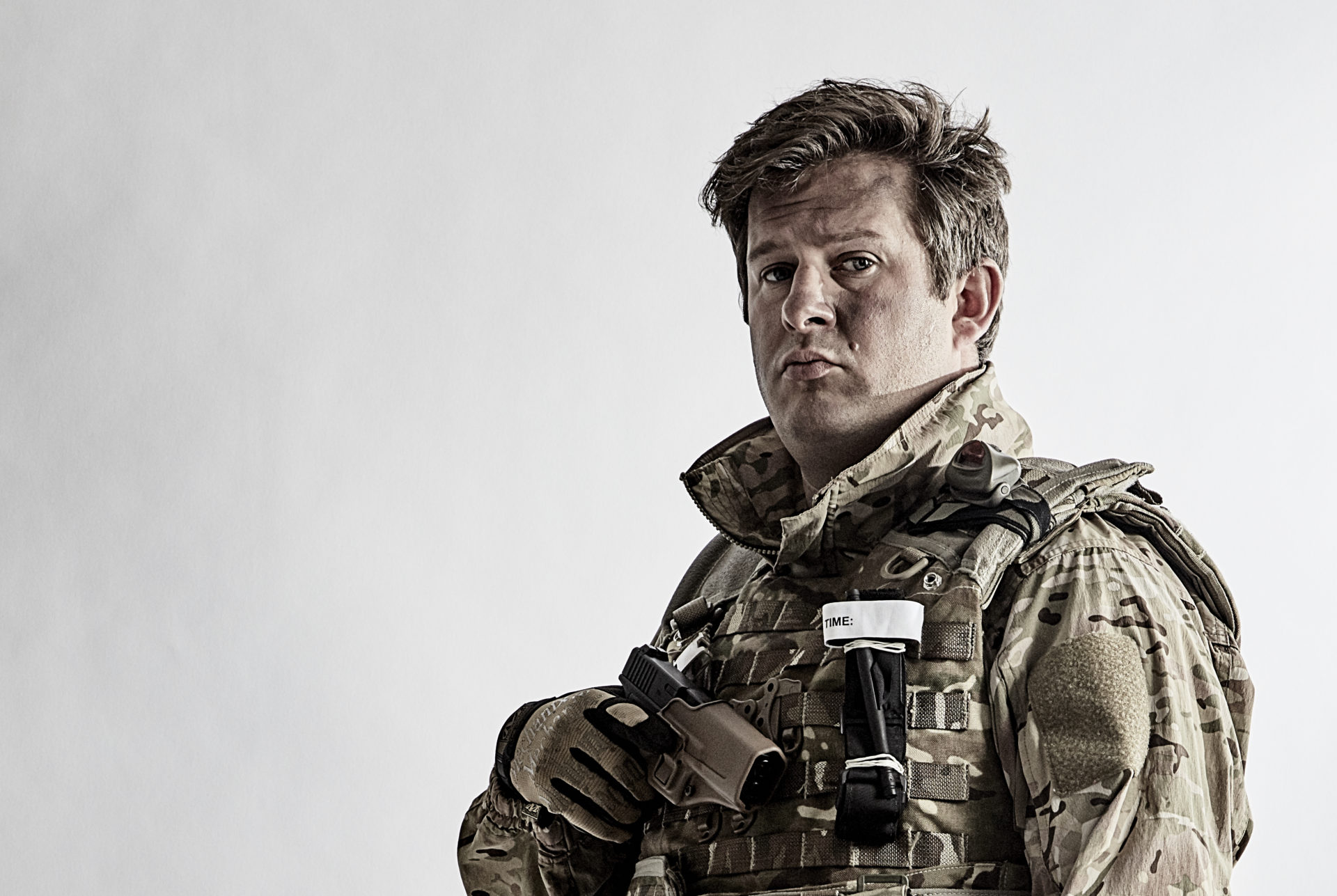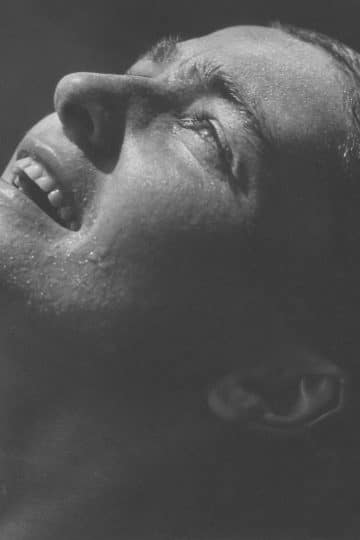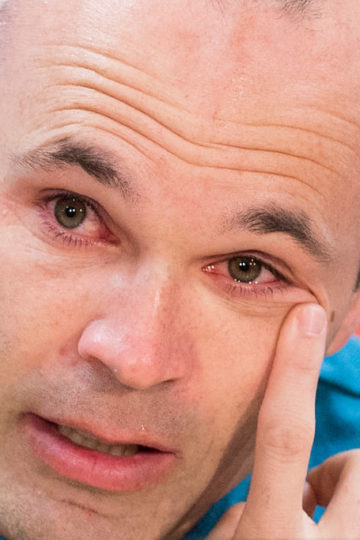Inside the mind of a bomb disposal expert
Emotion
Who the hell would volunteer to dispose of bombs for a living? Kim Hughes, that's who. The most highly decorated bomb disposal operator to serve in the British Army, he's chronicled his death-defying experiences in a brilliant new book, Painting the Sand...
Have you always been fascinated by explosives?
Well, I didn’t have a great time at school. I got bullied a lot. I was the ‘fat kid’ with the girl’s name, so I had plenty of time to myself. I used to save up all my pocket money to buy fireworks then strip them apart to see how they worked. So yeah, I’ve always had an interest in things that went ‘bang’.
How did you get into the bomb disposal team?
I actually joined the army as a driver and got sent to Northern Ireland to drive trucks for the bomb disposal teams. I was instantly captivated: Why were these guys putting on bomb disposal suits and walking towards explosive devices? I went on to become an ammunition technician, then joined bomb disposal. Someone will become a bomb disposal expert because they want to do it. If you don’t, you shouldn’t be in the job. It’s one of those.
Diffusing bombs sounds like the most macho thing ever. Do you have to be a ‘tough guy’ at work?
No. But as a trade, we’re a very different beast to the normal soldier. Our heads are wired slightly differently. Working in Afghanistan causes you to identify with your own self and who you are, and there can be a lot of inner reflection. You soon realise who you are when you’re doing bomb after bomb after bomb.
How would characterise the type of person who volunteers for bomb disposal?
You need to have a sense of humour. We have a really sick sense of humour that the average person probably wouldn’t ‘get’. For example, when a colleague lost his thumbs we sent him an Xbox controller. As I said, pretty sick – but it’s part of our coping mechanism. In Afghanistan we go to work in the morning knowing that we could be turned into red mist in a fraction of a second. If you don’t have the strength to laugh about it, you shouldn’t be doing it.
What’s the most tense part of diffusing a bomb?
It sounds weird, but there isn’t much tension. Everyone doing this job wants to be there. There’s always pressure from above to get the job done quickly, but when we’re actually disposing of bombs, it’s chilled-out. Someone might a crack bomb disposal joke like, ‘Careful, or you’ll need a mop not a body bag,’ and I’d just sit up and start laughing. It really is one of the coolest jobs you’ll ever do – if you want to do it. And if you can get past the whole, ‘This thing will kill me in a heartbeat.’
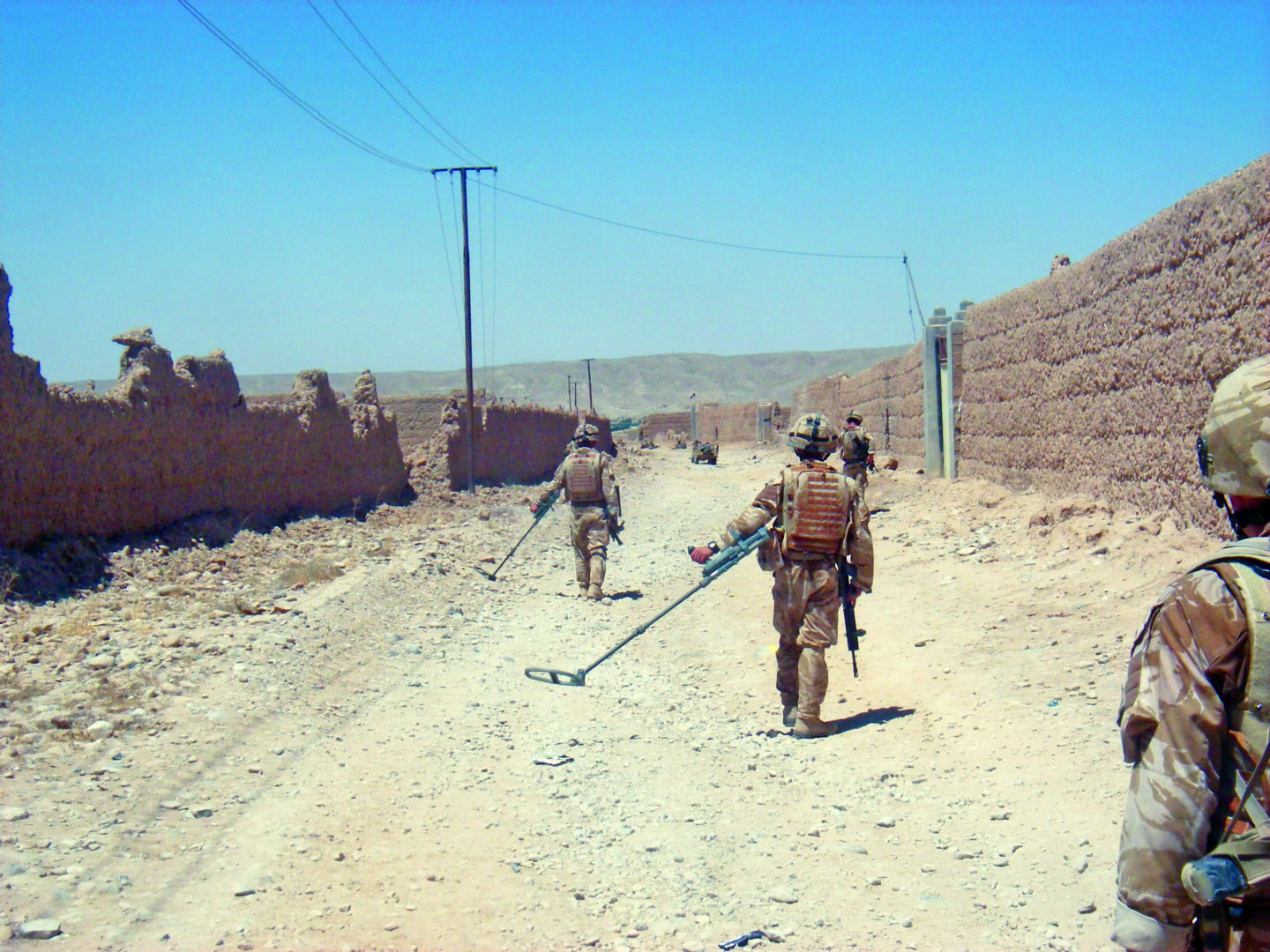
Aside from humour, how did you deal with extreme pressure?
Bomb disposal courses are very hard; it takes years and years of training to pass them. So, jokes aside, we know when and where to focus. But on tour, my iPod was my comfort. I mean, I wouldn’t listen to Flight of Valkyries or anything… It was mostly John Legend on the way to the job. Or, when I was chin-strapped [Army-speak for ‘tired’], I’d listen to classical music to go to sleep.
What’s the scariest thing that happened to you in the field?
My biggest fears were losing one of the men under my command or not seeing my son again. But to be honest, I only thought about them after the fact. I wasn’t bothered about walking down the road to a bomb because, if it were to detonate, I wouldn’t know about it. Besides, if you worry about your own mortality you lose focus on your team.
What is an Improvised Explosive Device?
The easy way to understand an IED is to think of it as a light switch. The pressure plate is the switch; the battery pack is the current; the bulb is the detonator. When you stand on the pressure plate, that allows the current to flow.
You describe diffusing an IED as an intense battle of wits. Did you get to know the enemy though their explosives?
Yes, I could recognise individual bombers by certain pieces on the device and how they were placed. The way they put the tape on the detonator or bury the battery pack is a bit like a calling card. It can be very intimate, it’s almost like you know them personally. I don’t want to use the word ‘respect’ because, at the end of the day, these guys were trying to kill me.
So it’s like a deadly game of cat and mouse?
It’s a massive mind game. The Taliban are watching us all the time. I remember one occasion when a local told us he’d found an IED. Our interpreter said, ‘Something isn’t right with this guy – he’s either stupid or lying,’ and it later turned out to be a hoax. The Taliban just wanted to see how me and my team interacted, so they could target us at a later date. That’s how badly they want to get you.
If they’re watching you, do you have to change your routine on a daily basis?
If you walk down the left hand side of the path, there will be a device waiting for you on the left hand side the next day. It doesn’t have to be a pattern –once is enough for these guys. Of course, the next day, you’ll second guess yourself and walk down the right hand side of the path, which seriously messes with your head. It’s a proper, proper mind game.
Would you be curious to meet your Taliban counterpart?
It would be very, very weird. I’ve seen some of the Taliban that were arrested for planting IEDs, but what’s the point? I don’t think it would be much of a conversation. What would I say to them? ‘Nice one, pal. Thanks for trying to kill me. You’re going to jail; I’m off to Costa. See ya later.’ It’s not a good idea. I’d probably want to punch them.
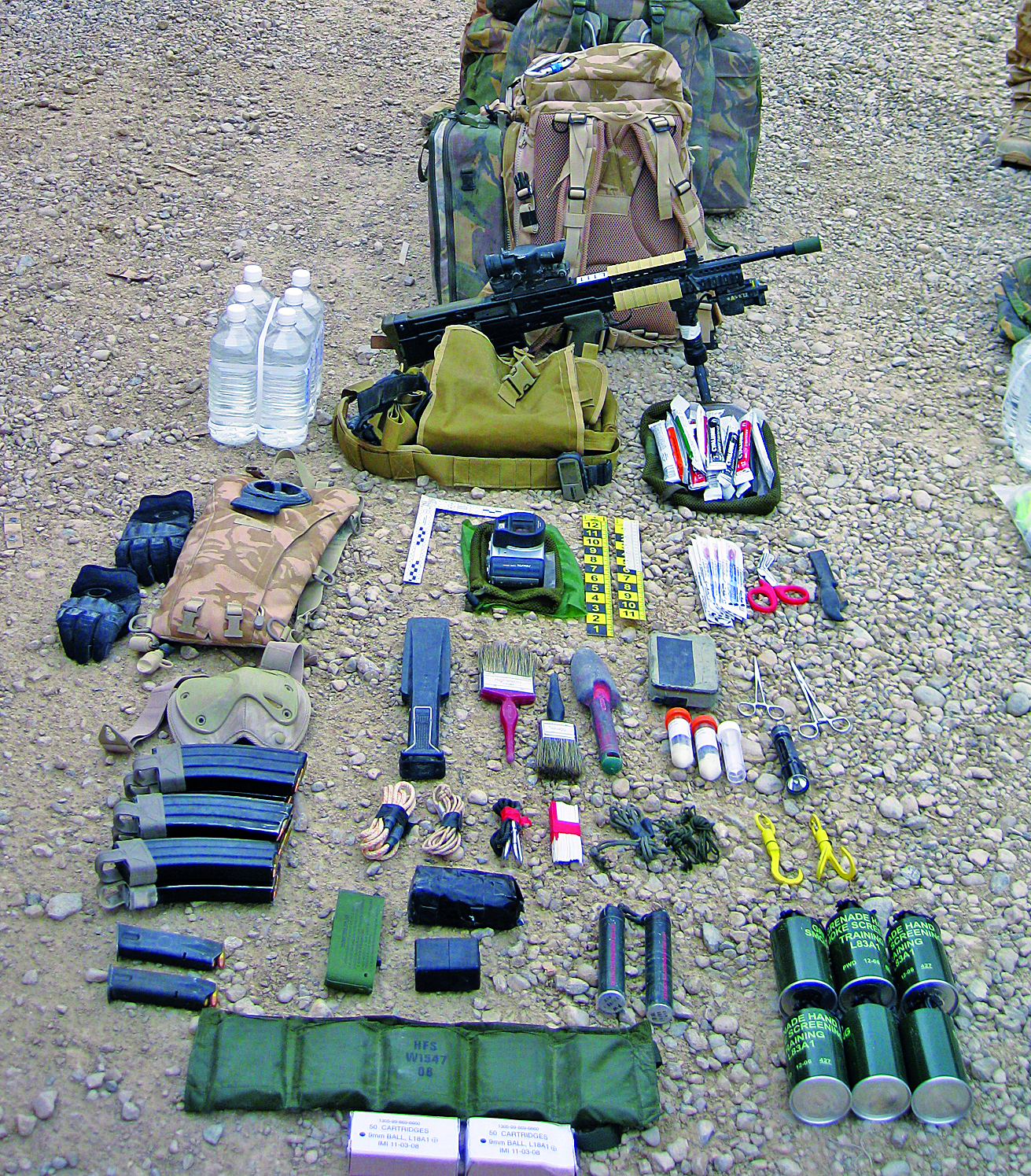
How does it feel to hold the record for diffusing the most bombs on a single tour of Afghanistan?
For every device I pulled out of the ground it seemed like the Taliban were putting two or three back in. But every time I removed one, it was like a little win for me – I had prevented a civilian or child from standing on an IED.
Would it be fair to say that diffusing bombs became something of an obsession?
I fell into the trap of wanting the next bomb; wanting the biggest bomb count. There’s a fine line between confidence and arrogance, and I crossed it – a lot. I almost developed a God complex and didn’t think that I could be killed. I would be pulling bombs out the ground while firefights erupted around me and I’d be, like, ‘So what?’ I was a twat, basically. It took one my friends to grab hold of me and say, ‘Stop being a dick,’ for me to realise that life was precious and I should treat it as such.
What kind of mental toll has all this taken on you? Have you experienced PTSD?
When you’re on operations, you’re physically knackered because the task massively drains you. It doesn’t hit you until you get home. The instant you get off the plane, you feel mentally exhausted. I can see why people struggle, but I’m lucky in that I have dealt with a lot of it through humour. When you’re laying in front of an IED with 20-30kg of explosives, it’s going to mess with your head. Laughing at the ridiculousness of what I was dealing with was my way of handling it.
In the past, the Army has been criticised for it’s response to PTSD. How does it deal with mental health issues today?
It’s not simply a case of, ‘Get yourself off to a shrink, pal.’ The Armed Forces are extremely good at dealing with PTSD now. My regiment has a brilliant bomb disposal charity called the Felix Fund and they put together normalisation breaks that help the guys reintegrate with day-to-day life. I fully admit that locking it all away until I got back was ludicrously unhealthy, but it worked for me. I wouldn’t change anything.
Painting the Sand by Kim Hughes is published on 17th May by Simon & Schuster.
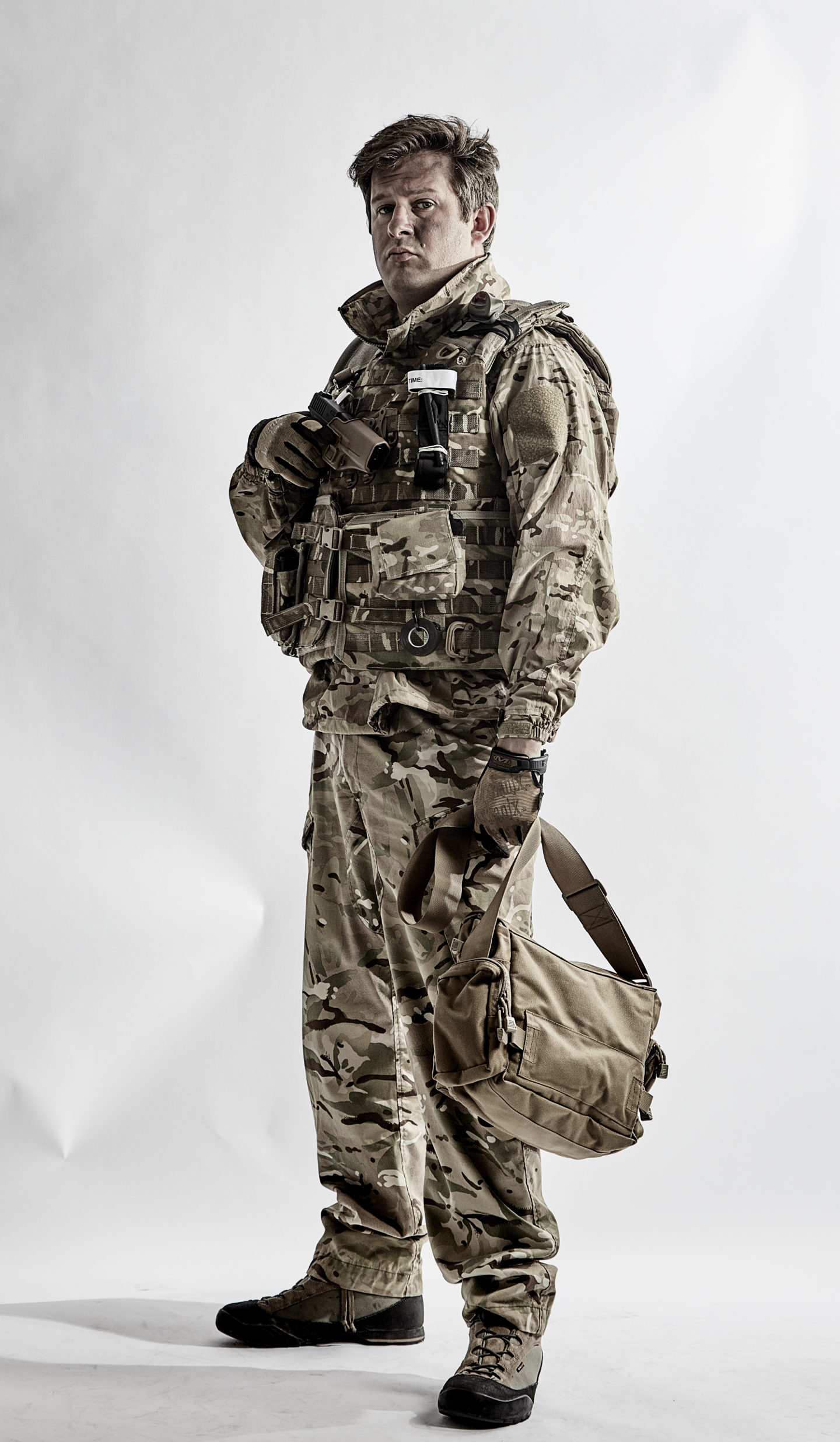
Trending

Join The Book of Man
Sign up to our daily newsletters to join the frontline of the revolution in masculinity.




